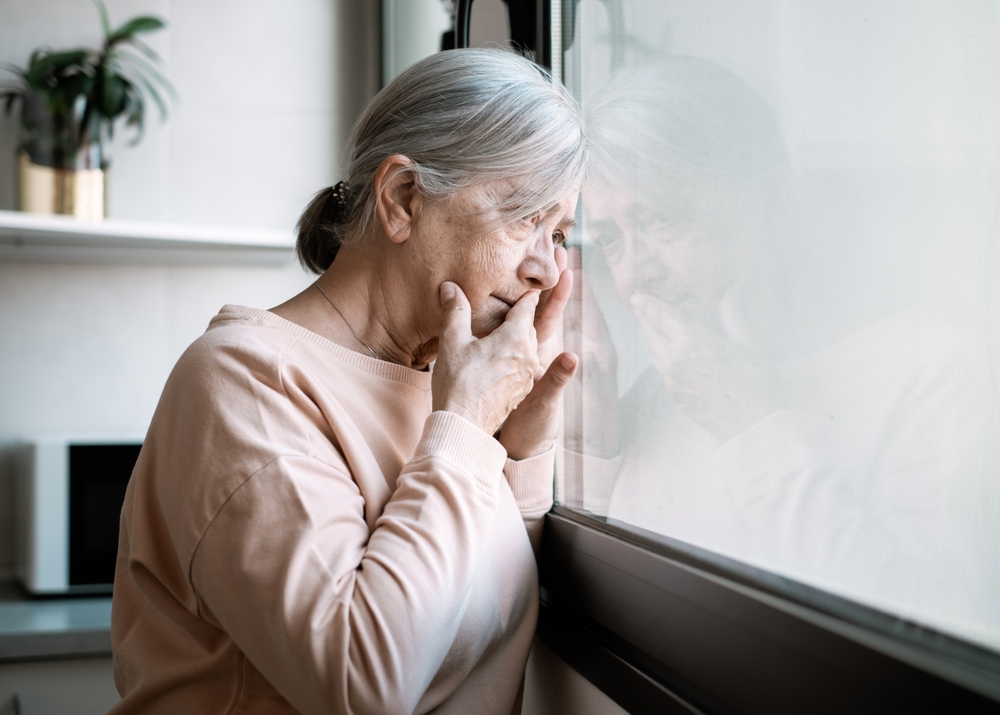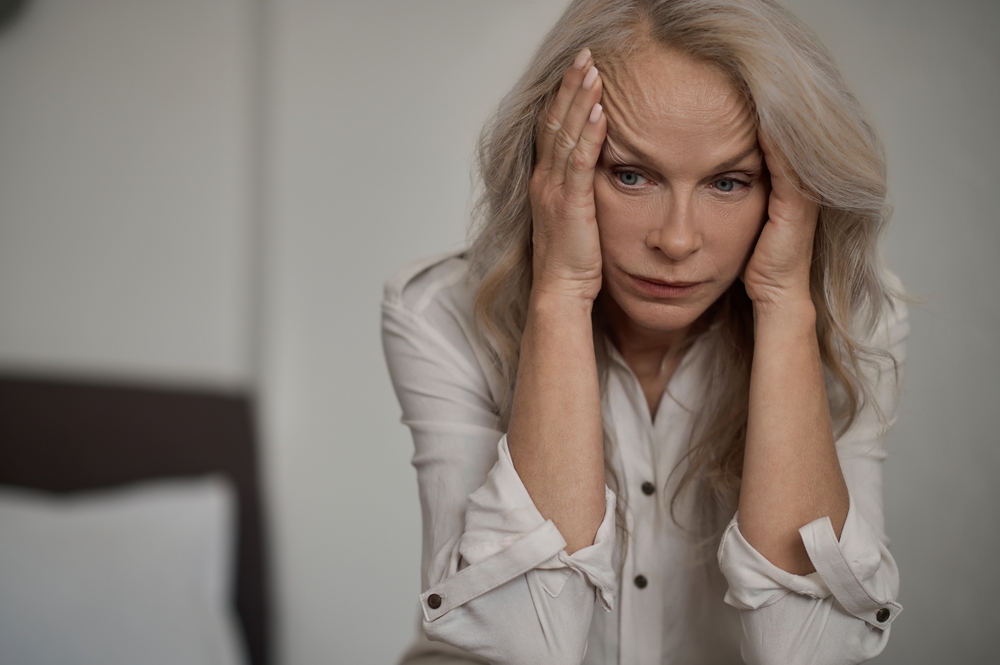Retirement is sold as the golden reward for a life well-lived: endless leisure, no alarms, and all the time in the world to “enjoy” yourself. But for a lot of people, the reality is far from blissful. Instead of freedom, they feel trapped in a strange, restless limbo—where their old identity dissolves, and what’s left feels… empty.
If you’ve ever wondered why so many retirees seem quietly bitter, restless, or downright depressed, here’s the unspoken truth: retirement isn’t always the dream it’s cracked up to be. These 15 reasons reveal why some people secretly hate their golden years—and why it’s time we stop pretending it’s all sunshine and shuffleboard.
1. The Loss Of Purpose Hits Harder Than Expected

Work isn’t just a paycheck—it’s an identity, a reason to get up in the morning, and a place where you feel useful. When that disappears, you’re left staring into a void that no amount of Netflix can fill. According to research published in Psychological Science, retirement can initially lead to a loss of purpose and feelings of aimlessness for many, as work provides essential social roles and identity.
Without a reason to be, time becomes heavy. And the longer you drift, the harder it is to feel like you matter.
2. Your Social Life Shrinks To Almost Nothing

Work is where you interact with people—whether you like them or not, they keep you connected. Once you retire, the invitations slow down, the calls stop, and suddenly you’re the person no one thinks to include. It’s not personal—it’s just that you’re no longer in the flow of daily life.
That isolation creeps in slowly, and before you know it, you’re lonely in a way you didn’t expect. The silence can feel suffocating.
3. You Miss Feeling Challenged And Needed

Retirement is sold as “relaxation,” but no one talks about how boring it can feel. You used to problem-solve, lead, create—and now? Your biggest decision is what to have for lunch.
Without intellectual stimulation, your mind starts to feel sluggish. As noted by the University of Washington Retirement Center, many retirees experience boredom and a loss of purpose because the activities they engage in may not challenge or engage them intellectually. This lack of stimulation can lead to feelings of uselessness and a sense of being needed.
4. The Endless Free Time Becomes A Curse, Not A Blessing

Sure, having no schedule sounds amazing—until it’s all you have. Days blur together, and the lack of structure starts to feel like a slow descent into irrelevance. You can’t tell Monday from Saturday, and the freedom starts to feel like a trap.
There’s a fine line between rest and stagnation. And for many retirees, they cross it faster than they thought.
5. You Feel Invisible In A Youth-Obsessed World

Society worships youth, and once you retire, you’re no longer part of the engine. Suddenly, you’re “cute” or “sweet,” but no one listens to what you have to say. In a recent article on Psychology.org.au by the Australian Psychological Society, it is discussed how older adults often experience a feeling of invisibility in a youth-obsessed culture. This invisibility manifests in social interactions where their views may be dismissed as outdated, and they may be overlooked in public spaces or healthcare settings.
It’s not just about aging—it’s about becoming irrelevant in a world that moves fast. And that sting of invisibility is hard to shake.
6. You Realize Your Marriage Is… Just Okay

When you’re both busy with work, kids, and life, it’s easy to ignore the cracks. But retirement puts you face-to-face with your partner—all day, every day. And sometimes, what you see isn’t pretty.
Without the distractions of busy lives, old resentments and differences resurface. It’s a reckoning no one warns you about.
7. Your Body Feels Like It’s Falling Apart

The irony of retirement is that just when you have the time to enjoy life, your body starts to betray you. Aches, pains, and doctor appointments become the new routine. It’s a cruel twist that makes every day feel like a reminder of what you can’t do anymore.
As explained by the Mayo Clinic, aging naturally brings physical changes such as decreased muscle mass, joint stiffness, and slower recovery from injuries, which can make retirement feel like a struggle against your own body. That sense of betrayal can make retirement feel like a bad joke.
8. You Feel Financially Insecure

No matter how much you saved, retirement has a way of making you feel like the rug could be pulled out at any moment. Rising costs, unexpected expenses, and the fear of running out of money loom large. As CNBC reports, financial anxiety is a leading cause of stress for retirees, even those with solid savings.
You thought you were prepared, but retirement math feels different when you’re not earning. That anxiety doesn’t go away; it just changes shape.
9. The “Freedom” Feels Weirdly Lonely

No one tells you how much you’ll miss having a place to go, people to see, and a role to play. Freedom sounds great until it’s just you and your thoughts in a quiet house. The days out, long and unstructured, and the isolation settle in like dust.
Retirement gives you freedom, but it also gives you a front-row seat to your loneliness. And that freedom starts to feel like a trap.
10. You Struggle To Feel Relevant In Conversations

Retirement often means stepping away from current trends, technology, and the fast pace of the working world. Conversations about industry news, new ideas, and cultural shifts can make you feel outdated. It’s like you’re a step behind, even in the simplest interactions.
That gap between you and “the world” grows—and it’s hard not to feel left behind.
11. You Lose The Inspiration That Kept You Motivated

Work gave you little victories: a solved problem, a good meeting, a compliment from a colleague. Retirement? There’s no scoreboard, no feedback loop—just the endless, shapeless stretch of days. And without those tiny bursts of accomplishment, your self-worth quietly erodes.
It’s not just boredom—it’s the loss of momentum. And that can feel suffocating.
12. Your Friendships Don’t Survive The Shift

Retirement doesn’t just change your life—it changes your social circle. People you thought were friends fade away when you’re no longer in the same orbit. And it’s a slow, painful realization that many friendships were built on convenience, not true connection.
That loss can feel like grief, but no one talks about it.
13. You Feel Trapped By The Idea You Should Be Grateful

Everyone tells you how “lucky” you are to retire—but what if it doesn’t feel like luck? That pressure to smile and say, “It’s great!” makes it impossible to voice your real feelings. You’re stuck pretending you’re living the dream when inside, you’re quietly crumbling.
That performative gratitude becomes another cage—one you can’t talk about without feeling like you’re betraying the whole idea of retirement.
14. You Don’t Know Who You Are Without The Hustle

If your whole identity was built around work—your title, your grind, your role—then retirement strips that away. Suddenly, you’re not the boss, the expert, the go-to. You’re just… you.
And for a lot of people, that’s terrifying. Because who are you without the hustle?
15. You Worry It’s All Downhill From Here

Retirement often feels like the last chapter—and that “last” can haunt you. There’s a quiet fear that nothing exciting is coming, no new adventures, no big wins. Just the slow fade into irrelevance.
It’s hard to admit, but it’s there: the sense that you’re waiting for the clock to run out. That existential dread is the elephant in the retirement room no one wants to talk about.

Abisola is a communication specialist with a background in language studies and project management. She believes in the power of words to effectively connect with her audience and address their needs. With her strong foundation in both language and project management, she crafts messages that are not only clear and engaging but also aligned with strategic goals. Whether through content creation, storytelling, or communication planning, Abisola uses her expertise to ensure that her messages resonate and deliver lasting value to her audience.


